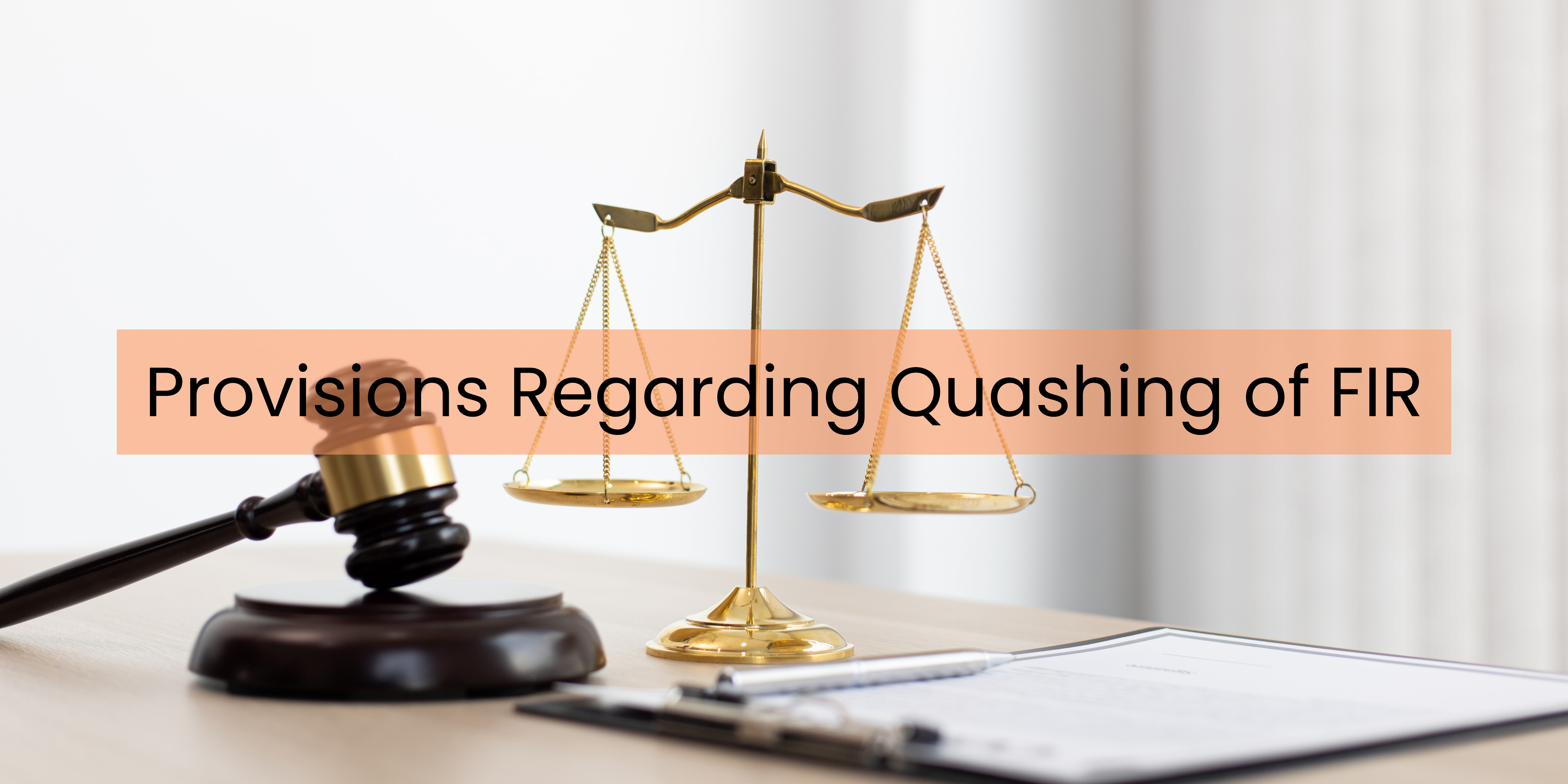In today’s dynamic marketplace, the framework of consumer protection laws stands as a safeguard, ensuring fairness and accountability for buyers and sellers. These laws, designed to protect consumer rights and provide remedies, play a crucial role in fostering transparent transactions and resolving disputes. Let’s embark on a detailed exploration of the definitions, rights, remedies, and a landmark case that illustrates the application of consumer protection laws in India.
Understanding Consumer Protection Laws
Consumer protection laws are regulations set in place to safeguard the rights of individuals purchasing goods or services. They aim to prevent unfair trade practices, misleading advertisements, and exploitation of consumers by businesses. In India, the primary legislation governing consumer rights is the Consumer Protection Act, 2019.
The Consumer Protection Act, 2019
The Consumer Protection Act, 2019, is a comprehensive legislation enacted in India to strengthen consumer rights and address various issues concerning consumer grievances. This Act aims to safeguard consumer interests by providing effective mechanisms for consumer protection, ensuring fair trade practices, and establishing authorities for speedy redressal of consumer disputes.
Key features and highlights of the Consumer Protection Act, 2019, include:
- Definition of Consumer: The Act defines a consumer as any person who buys goods or avails services for personal use or for the use of his/her family, earning a livelihood by means other than through self-employment.
- Establishment of Central Consumer Protection Authority (CCPA): The Act introduced the CCPA, a regulatory authority responsible for promoting, protecting, and enforcing consumer rights, as well as preventing unfair trade practices and misleading advertisements.
- Rights of Consumers: It outlines the rights of consumers, including the right to be informed, the right to choose, the right to seek redressal, the right to safety, and the right to consumer education.
- Consumer Dispute Redressal Commissions: The Act provides for the establishment of various consumer dispute redressal bodies at the district, state, and national levels, facilitating prompt resolution of consumer disputes.
- Product Liability: It introduces provisions for product liability action, holding manufacturers, sellers, and service providers accountable for any harm caused due to defective products or deficient services.
- E-commerce Regulations: The Act includes specific provisions addressing e-commerce transactions, aiming to ensure transparency, protection, and effective dispute resolution for online consumers.
- Penalties and Compensation: The Act imposes penalties for misleading advertisements, unfair trade practices, and non-compliance with orders of the consumer dispute redressal bodies. It also provides for the payment of compensation to consumers affected by such practices.
Rights of Consumers:
- Right to Safety: Consumers have the fundamental right to purchase goods or services devoid of any threat to their health or safety.
- Right to Information: Transparency prevails as consumers are entitled to precise details about the quality, quantity, price, and potential risks associated with products or services.
- Right to Choose: The liberty to select from a variety of products and services offered in the market.
- Right to Redressal: Empowering consumers to seek solutions against unfair trade practices or substandard products/services.
- Right to Consumer Education: Ensuring consumers are informed about their rights and responsibilities.
Remedies for Consumers
When consumer rights encounter violations, the Consumer Protection Act, 2019, provides various remedies:
- Replacement or Repair: Consumers possess the right to request the replacement or repair of defective products.
- Refund: In cases of unsatisfactory or substandard products/services, consumers are entitled to a refund.
- Compensation: For financial losses or injuries incurred due to defective products or services, consumers can seek compensation.
- Cease and Desist Orders: Courts can issue directives to halt unfair trade practices or deceptive advertising.
- Consumer Forums: Consumers have access to Consumer Dispute Redressal Commissions at different levels to resolve disputes.
Rights and Remedies of Sellers
- Right to Fair Trade: Sellers have the right to engage in fair and ethical trade practices without facing undue interference.
- Right to Compensation: In instances where consumers engage in malicious or false claims, sellers can seek compensation for damages incurred.
- Right to Defend: Sellers have the right to present their case and defend themselves against unfair allegations or disputes.
- Legal Recourse: Sellers can seek legal remedies through civil courts or Consumer Dispute Redressal Commissions in case of disputes with consumers.
Landmark Case: General Motors (India) Private Limited v. Asok Ramnik Lal Tolat and another (2015).
In the case of General Motors (India) Private Limited v. Asok Ramnik Lal Tolat and another [AIR 2015 SC 562], the Supreme Court of India addressed a matter concerning a consumer complaint lodged against General Motors (India) Private Limited regarding a defective vehicle under the purview of the Consumer Protection Act.
The crux of the case involved a consumer’s grievance regarding a vehicle’s persistent performance issues despite multiple repair attempts by the manufacturer. Dissatisfied with the solutions offered by the manufacturer, the consumer approached the National Consumer Disputes Redressal Commission (NCDRC), seeking redressal and compensation for the vehicle’s defects.
The central question before the Supreme Court was whether the consumer was entitled to reimbursement or compensation due to the continued flaws in the vehicle and whether the manufacturer carried liability under consumer protection laws.
In its ruling, the Supreme Court affirmed the consumer’s right to seek appropriate resolution for product defects as stipulated by the Consumer Protection Act, 1986. It underscored the manufacturer’s responsibility to ensure product quality and safety for consumers. Consequently, the Court favored the consumer’s claim, directing the manufacturer to compensate for the defective vehicle. This judgment reiterated the significance of consumer rights and held manufacturers accountable for providing satisfactory and safe products.
This case underscored the principles upheld by consumer protection laws, emphasizing that manufacturers could be held accountable for supplying faulty products. It reinforced consumers’ rights to seek compensation or refunds for defective goods, highlighting the obligations of manufacturers to deliver safe and satisfactory products, in accordance with the provisions of the Consumer Protection Act.
The Essence of Consumer Protection Laws
Consumer protection laws serve as the backbone of a fair and just marketplace, aiming to empower consumers and sellers while enforcing ethical business practices. These laws instill confidence in buyers and sellers alike, fostering responsibility and accountability within the market ecosystem.
Conclusion
Consumer protection laws in India are crucial in maintaining a fair and balanced marketplace. They empower consumers by granting rights and avenues for seeking remedies against unfair trade practices or substandard goods/services. The General Motors (India) Private Limited v. Asok Ramnik Lal Tolat and another (2015) case serves as a reminder of the judiciary’s commitment to upholding consumer rights and ensuring the accountability of businesses toward their consumers.
Understanding the rights and remedies under consumer protection laws is vital for consumers and sellers alike, fostering trust and integrity within the marketplace while ensuring fair and transparent transactions.


